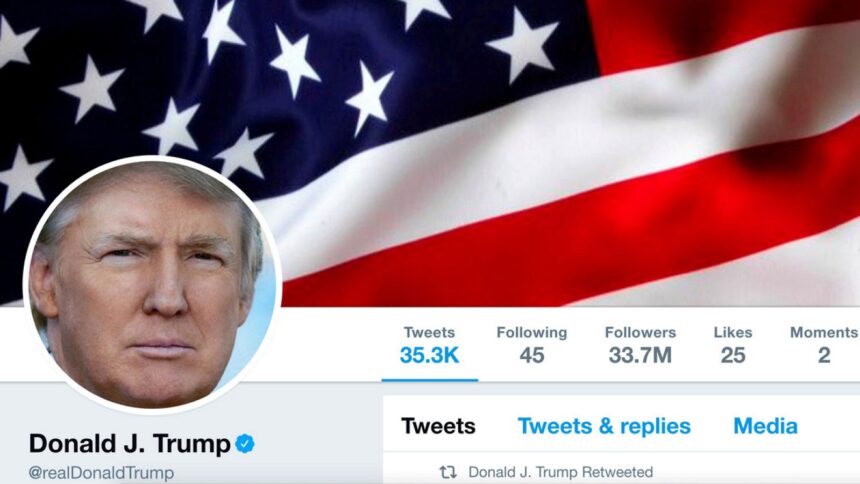A legal battle has ended with X (formerly Twitter) being ordered to provide federal prosecutors with access to Donald Trump’s private messages and other account data. Special Counsel Jack Smith, who is investigating Trump’s actions related to the 2020 election, secured a warrant last year. However, X has spent the year contesting a related gag order, arguing that it violates free speech and overreaches government power.
What’s Happening & Why This Matters
Last year, Special Counsel Jack Smith requested that X hand over Trump’s direct messages and activity without notifying him. Smith argued that alerting Trump would risk tampering with evidence, and the courts agreed. This led to a lengthy dispute over a gag order that prevented X from notifying Trump about the search. X took the issue all the way to the Supreme Court, which declined to hear the appeal, thus leaving the lower court’s decision intact.
The government, citing the Stored Communications Act, argued that the non-disclosure order was necessary to protect the investigation. X contested that the gag order encroached upon executive privilege and raised concerns about unchecked government power. The company warned that upholding the lower court’s ruling creates a precedent where privileged information could be seized without informing the data owner.
During the court proceedings, X proposed an alternative approach, suggesting that a trusted representative, bound by the Presidential Records Act, should review the data to identify privileged information. This idea was rejected as “unworkable,” with the courts maintaining that involving a representative would risk exposing sensitive details. X, however, insisted this would not have jeopardized the investigation and noted the government’s argument lacked substantiation.

X pointed out that since Trump already knew about Smith’s investigation, concerns of data destruction were unfounded. Despite X’s arguments, the courts sided with Smith, allowing the warrant without additional scrutiny of the alternatives proposed by X. The court sanctioned X with a $350,000 fine for its continued resistance.
TF Summary: What’s Next
The Supreme Court’s decision not to hear X’s appeal strengthened the governmental stance on nondisclosure orders in cases involving national security or potential evidence tampering. X, supported by digital rights advocates like the Electronic Frontier Foundation, warns that this outcome sets a troubling standard, where platforms may be compelled to release data without due process protections. This case may prompt social media companies to reconsider policies on handling governmental data requests, especially in high-profile investigations.
— Text-to-Speech (TTS) provided by gspeech


